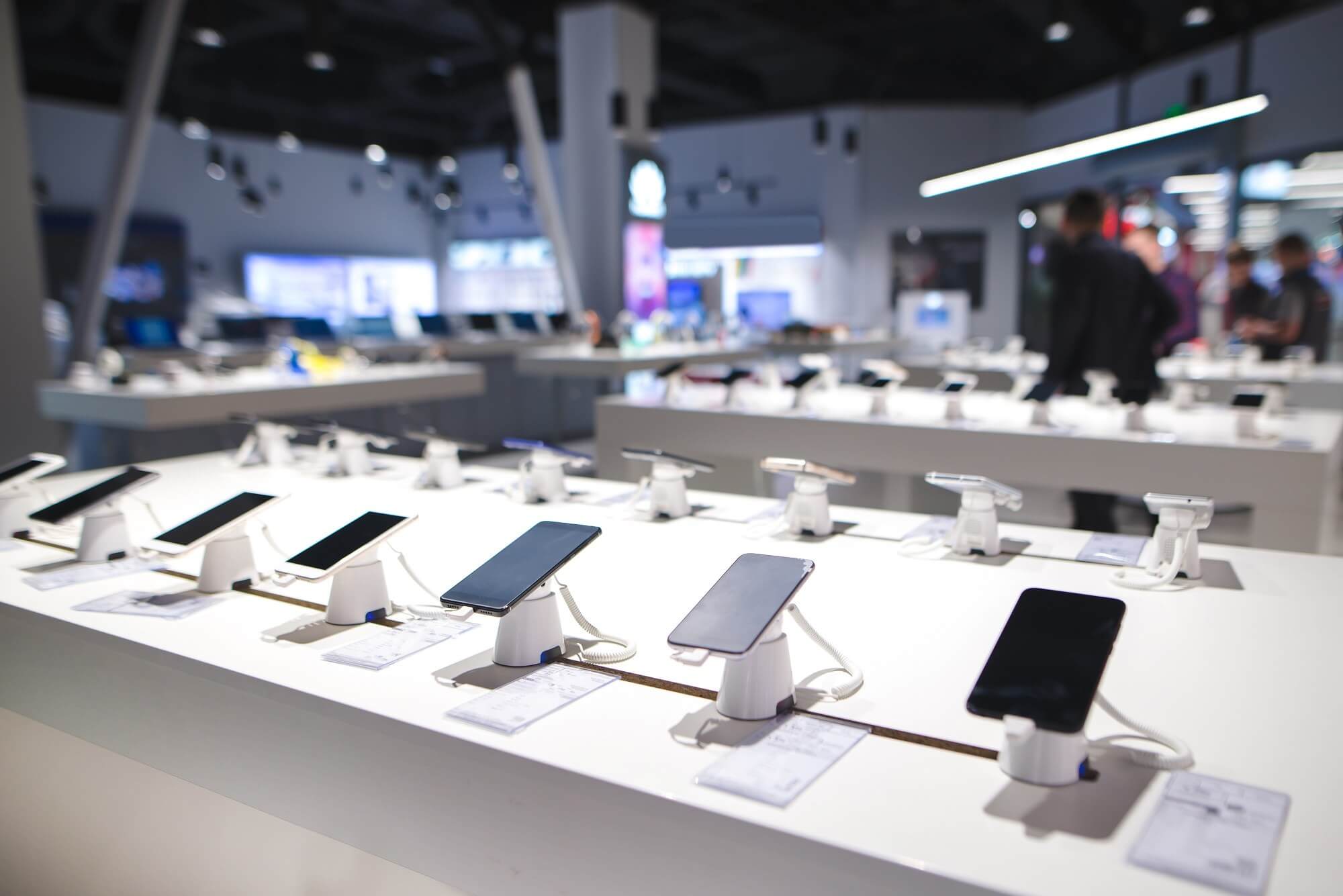Why it matters: Do you upgrade your smartphone to the latest model every year? If so, then you're in the minority, with recent data suggesting most people keep their devices for three to five years before buying a new handset.
Ting Mobile surveyed 3,640 mobile users to discover upgrade trends such as length of time between new buys, reasons for switching, and how much they spent on the latest models.
We know that part of the reason behind the slumping smartphone market is because consumers are upgrading their handsets at a slower pace than before. Most tech giants release more than one new phone every year, but the majority of the participants (47 percent) kept their last phone for three to five years, while 30 percent waited two years. Only ten percent upgraded at the one-year mark, and less than five percent didn't even wait 12 months.
As to what made people upgrade, 32 percent said it was because the phone wasn't working as well as before. Twenty-three percent said it was broken, damaged, or lost, and 18 percent said it was outdated.
In a world where $1,000+ handsets are becoming the standard for flagships, price was the most significant factor when choosing a new device. Interestingly, 42 percent of people surveyed spent between $150 and $399 on a new phone, while just 3 percent spent over $1,000.
With many new handsets offering incremental improvements and few new features compared to their predecessors, it's not surprising to see fewer people in a rush to upgrade. Even Samsung's Galaxy S10 suffered "weak sales momentum" in the second quarter, contributing to the company's disappointing Q2.

